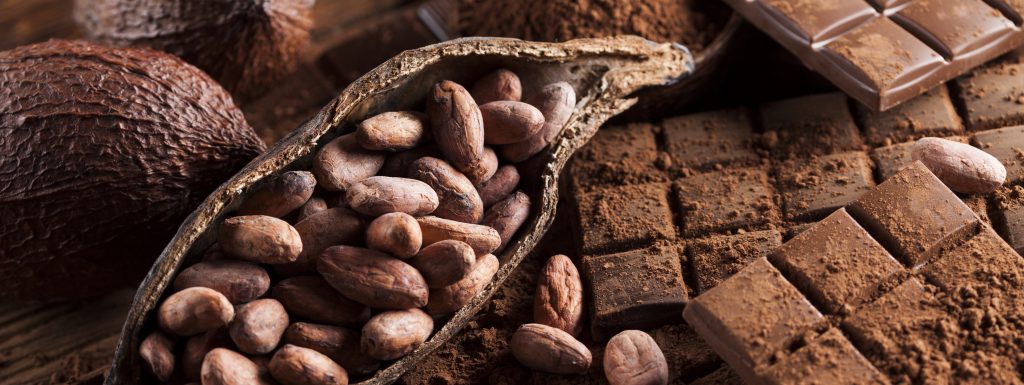20 Dec 2019 Towards an OPEC for Cocoa
The creation of a cocoa OPEC among the main cocoa producing countries has been in the collective imaginary of the producers for almost a decade. There are some reasons to support their argument, but the most undeniable one is the high concentration of production.
Indeed, the first four African producers –Ivory Coast, Ghana, Cameroon and Nigeria- account for more than two-thirds of the global cocoa production. As of 2017, Ivory Coast is the country leading the production at 1.8 million tons as of 2017, and nearby Ghana, Nigeria, Cameroon and Togo producing additional 1.55 million tons.

Cocoa is one of the main ingredients in a chocolate industry worth more than $100bn a year in sales. However, countries like Ghana, supplying about a fifth of the beans used by the industry, make only $2bn in annual export revenues.
The industry that provides nearly 7 per cent of Ghana’s GDP and about a quarter of its export earnings does not provide enough for most of its 800,000 farmers to live without government subsidies and aid from non-government organizations. Many live in poverty, lacking access to services such as healthcare and education. Often, they are forced to use their children as laborers.
At its last conference in Berlin in April 2018, the International Cocoa Organization (ICCO) called in its official declaration for greater collaboration at the local, national and global levels and the creation of an OPEC of Cocoa is explicit and more relevant than ever.
The cocoa industry is a sector where only 6% of the revenues go back to producing countries and only 2% arrive to the peasants. On the other side of the chain, processors and distributors share more than 85% of the sector’s revenue.
In October 2018, ahead of the harvest, Ghana announced it would keep prices flat. The country and neighbouring Ivory Coast, which together produce about 60% of the world’s supply, are moving towards creating an OPEC-like cartel that they hope will give them greater power over the market.
In July, Ghana and Ivory Coast unilaterally announced a fixed premium of $400 a tonne over the benchmark futures price from October 2020. “If you look at OPEC, they are only controlling about 30 to 40 per cent of the global oil supply and they control prices,” says Mahamudu Bawumia, Ghana’s vice-president, referring to the oil cartel. “If they have OPEC, we can have COPEC.”
For further information, look at the following links:
https://www.bloomberg.com/professional/blog/african-cocoa-growers-opec-moment/
https://www.latimes.com/business/story/2019-12-17/africa-big-chocolate
